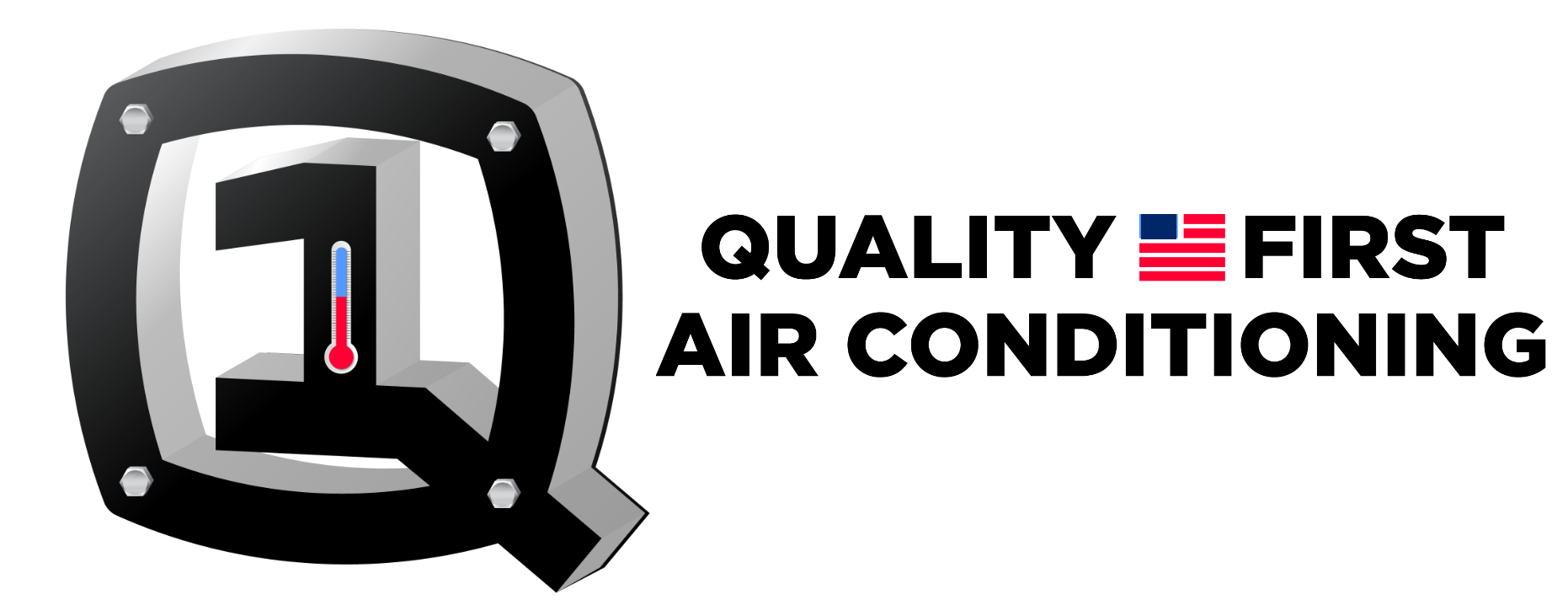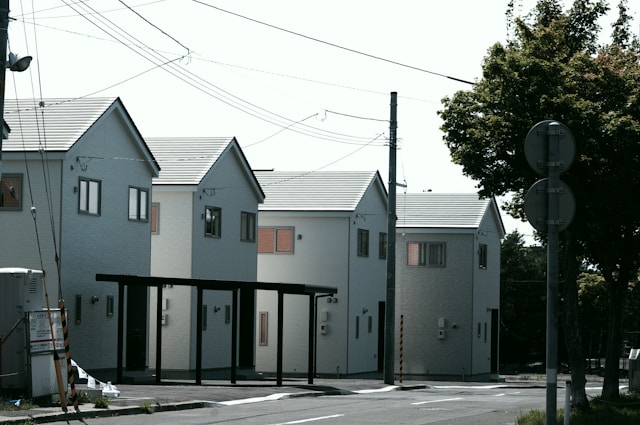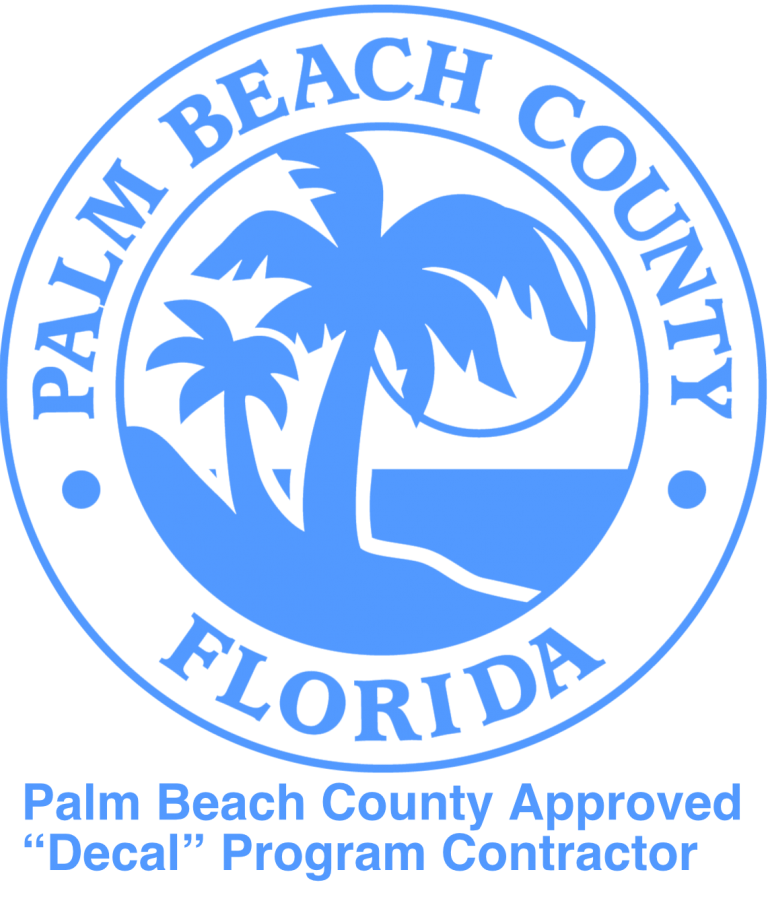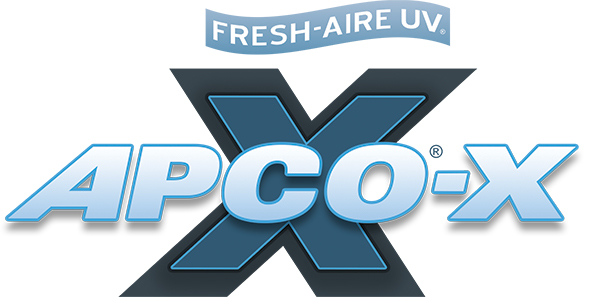Dealing with an air conditioner leaking water can be a frustrating experience, especially during hot summer days. The contrast between the cool air you expect and the unexpected water leaking can be quite alarming. Not only does excessive water leakage disrupt your comfort and raises concerns about potential damage to your property and the unit itself.
Key Takeaways
-
Regularly check for common causes of AC leaks like clogged drain lines or dirty air filters to prevent water leakage.
-
Troubleshoot AC leaks by examining the condensate line, ensuring proper insulation, and checking for refrigerant leaks.
-
Maintain your air conditioner by cleaning or replacing filters, scheduling professional tune-ups, and clearing debris around the outdoor unit to prevent leaks.
-
Seek professional help if you notice persistent leaks, strange noises, or reduced cooling efficiency in your air conditioner leaking water.
-
Timely repairs, especially for water leaks, are crucial to prevent further damage to your AC unit and maintain its efficiency in cooling your home effectively.
-
Addressing AC leaks promptly can save you from costly repairs and ensure your air conditioner operates efficiently.
Common Causes of AC Leaks
Frozen Evaporator Coil
The frozen evaporator coil in an air conditioner can lead to leaks, indicated by reduced airflow and ice formation. To address this issue, check the air filter for dirt accumulation. Replace it if necessary to improve airflow within the system. Consider adjusting the thermostat settings to prevent excessive cooling that may cause freezing.
Clogged Condensate Line
When dealing with a clogged condensate line, start by locating the line and inspecting it for blockages or debris. Use a wet/dry vacuum to effectively clear any clogs present in the condensate line. To prevent future clogs, make it a habit to regularly flush the line with vinegar or a suitable cleaning solution.
Leaky Drain Pan
To tackle a leaky drain pan, begin by inspecting it for cracks or holes that could be causing the leaks. Promptly replace a damaged drain pan to prevent water damage to surrounding areas. Make sure the drain pan is positioned correctly to effectively collect water without any leakage issues.
Damaged Condenser
When facing a damaged condenser, examine the outdoor unit for visible signs of damage like rust or dents. Keep an eye out for coolant leaks, which could indicate a need for condenser repair. If significant damage is suspected, schedule a professional assessment to address the issue promptly.
Troubleshooting AC Leaks
Check for Ice Build-Up
Regularly inspect the evaporator coils for ice accumulation during operation. Turning off the air conditioner allows any ice to melt before further investigation. To minimize the risk of ice build-up, ensure proper airflow around the unit.
Inspect Drain Line

Follow the drain line from the indoor unit to ensure it is free of obstructions. Look for kinks, bends, or leaks that could impede water flow. Periodically clean the drain line to maintain optimal drainage.
Examine Drain Pan
Assess the condition of the drain pan for signs of wear or corrosion. Ensure it is properly aligned to catch water from the evaporator coil. Replace an old or damaged drain pan to prevent leaks.
Assess Condenser Unit
Check the condenser unit for proper functioning and airflow. Look for debris or vegetation blocking airflow. Ensure the unit is level for proper drainage and operation.
Maintenance Tips to Prevent Leaks
Clean Air Filters Regularly
-
Schedule regular cleaning or replacement of air filters to ensure efficient airflow.
-
Use high-quality filters that can capture dust and allergens effectively.
-
Educate on the importance of maintaining clean filters for overall system health.
Clear Condensate Line
-
Use appropriate tools to remove any blockages in the condensate line.
-
Regularly inspect the line for algae growth or other obstructions.
-
Consider installing a float switch to alert you of any clogs or leaks in the line.
Inspect Components Periodically
-
Set a schedule for routine inspections of all air conditioning components.
-
Look for signs of wear, damage, or leak in electrical connections and mechanical parts.
-
Document findings during inspections to track any recurring issues.
Schedule Professional Maintenance
-
Arrange for seasonal maintenance checks by a qualified HVAC technician.
-
Discuss any concerns or unusual behaviors observed with the technician.
-
Keep records of maintenance visits to monitor system performance over time.
When to Seek Professional Help
Persistent Leaks
Persistent leaks from your air conditioner could signal a more significant underlying issue. Investigate the source of the leaks promptly to prevent further damage. High humidity levels in your home can worsen leaks, so keep an eye on them. If troubleshooting efforts fail to resolve the leaks, it’s time to consult a professional for expert assistance.
Unusual Noises
Unusual noises emanating from your air conditioning unit should not be ignored. Listen closely for any strange sounds that could indicate a problem. Differentiate between noises occurring during specific functions like start-up or shutdown. Any abnormal sounds should be reported to a technician for thorough diagnosis and necessary repairs.
Inefficient Cooling
If your air conditioning system struggles to cool effectively during peak times, it may point to underlying issues. Evaluate its performance and look out for airflow problems causing inconsistent cooling. Upgrading to a more efficient model might be necessary if your current system consistently underperforms.
Visible Damage
Regularly inspect your air conditioning unit for any visible signs of damage, such as dents or rust. Addressing even minor cosmetic damage promptly can prevent future functional issues. It’s advisable to take photos of any damage for reference when discussing the problem with professionals.
Importance of Timely Repairs
Prevent Further Damage
Act promptly to tackle any leaks from the air conditioner to prevent potential water damage within your home. Use towels or buckets to catch the leaks temporarily until professional repairs can be made. Educate yourself on the warning signs of possible damage to take proactive measures.
Maintain Efficiency
Implement energy-saving techniques to boost the efficiency of your air conditioning unit. Utilize programmable thermostats to adjust cooling schedules based on occupancy patterns. Seal any duct leaks to enhance the overall system efficiency and performance.
Avoid Costly Repairs
Stay vigilant with routine maintenance to avoid major breakdowns and expensive repairs in the future. Regularly monitor the system’s performance and address minor issues promptly before they worsen. Opt for quality parts and services to ensure the long-term reliability of your air conditioner.
Ensure Comfort
Monitor indoor temperatures and humidity levels consistently to create a comfortable living environment. Adjust the settings based on personal comfort preferences and seasonal variations. Guarantee a comfortable living space by ensuring the effective operation of your air conditioning system.
Closing Thoughts
Leaking air conditioners can be a hassle, but by understanding the common causes, troubleshooting effectively, and maintaining your unit regularly, you can prevent major issues. Remember, timely repairs are crucial to avoid costly damages and ensure your AC’s efficiency. If you notice leaks, don’t hesitate to take action to keep your home cool and comfortable.
Ensure your peace of mind by staying proactive with AC maintenance. Regularly check for leaks, address them promptly, and schedule professional inspections when needed. By following these tips, you can extend the lifespan of your air conditioner and enjoy uninterrupted cooling during hot days.
Frequently Asked Questions
What are the common causes of AC leaks?
Air conditioner leaks can be caused by clogged drain lines, dirty air filters, low refrigerant levels, or a damaged condensate pan. Regular maintenance can help prevent these issues.
How can I troubleshoot AC leaks?
Start by checking for clogged drain lines, replacing dirty air filters, and ensuring proper insulation on refrigerant lines. If issues persist, it’s best to consult a professional to diagnose the problem accurately.
What maintenance tips can help prevent AC leaks?
Regularly clean or replace air filters, schedule annual HVAC maintenance checks, ensure proper insulation on refrigerant lines, and clear any debris around the outdoor unit. These steps can help maintain your AC system and prevent leaks.
When should I seek professional help for AC leaks?
If troubleshooting steps don’t resolve the issue, or if you notice significant water leakage, unusual sounds, or reduced cooling efficiency from your AC unit, it’s time to contact a professional HVAC technician for a thorough inspection and repair.
Why is timely repair important for AC leaks?
Timely repairs can prevent further damage to your air conditioning system, improve energy efficiency, prolong the lifespan of your unit, and ensure optimal indoor comfort. Ignoring leaks can lead to costly repairs or even premature replacement of the entire system.


























